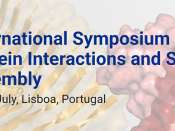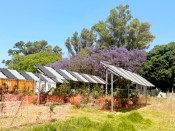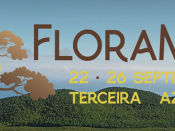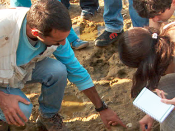João Augusto Alves Meira Neto
Professor Titular na Universidade Federal de Viçosa, Brasil
Allopatric or sympatric speciation influence the degree to which closely related species coexist in different manners, altering the patterns of phylogenetic structure and turnover among and between communities. The objective of this study was to examine whether phylogenetic community structure and turnover in the Brazilian Atlantic Forest permit conclusions about the dominant process for the formation of extant angiosperm richness of tree species. Therefore, we analyzed phylogenetic community structure (MPD, MNTD) as well as taxonomic (Jaccard similarity) and phylogenetic turnover (betaMPD, betaMNTD) among and between 49 tree communities distributed among three different habitat types. Mean annual precipitation and mean annual temperature in each survey area were estimated. Phylogenetic community structure does not differ between habitat types, although MPD reduces with mean annual temperature. Jaccard similarity decreases and betaMNTD increases with spatial distance and environmental differences between study sites. Spatial distance explains the largest portions of variance in the data, indicating dispersal limitation and the spatial aggregation of recently formed taxa, as betaMNTD is related to more recent evolutionary events. betaMPD, that is related to deep evolutionary splits, shows no spatial or environmental pattern, indicating that older clades are equally distributed across the Brazilian Atlantic Forest. While similarity pattern indicates dispersal limitations, the spatial turnover of betaMNTD is consistent with a high degree of sympatric speciation generating extant diversity and endemism in the Brazilian Atlantic Forest. More comprehensive approaches are necessary to reduce spatial sampling bias, uncertainties regarding angiosperm diversification patterns and confirm sympatric speciation as the dominant generator for the formation of extant species diversity in the Brazilian Atlantic Forest.





















